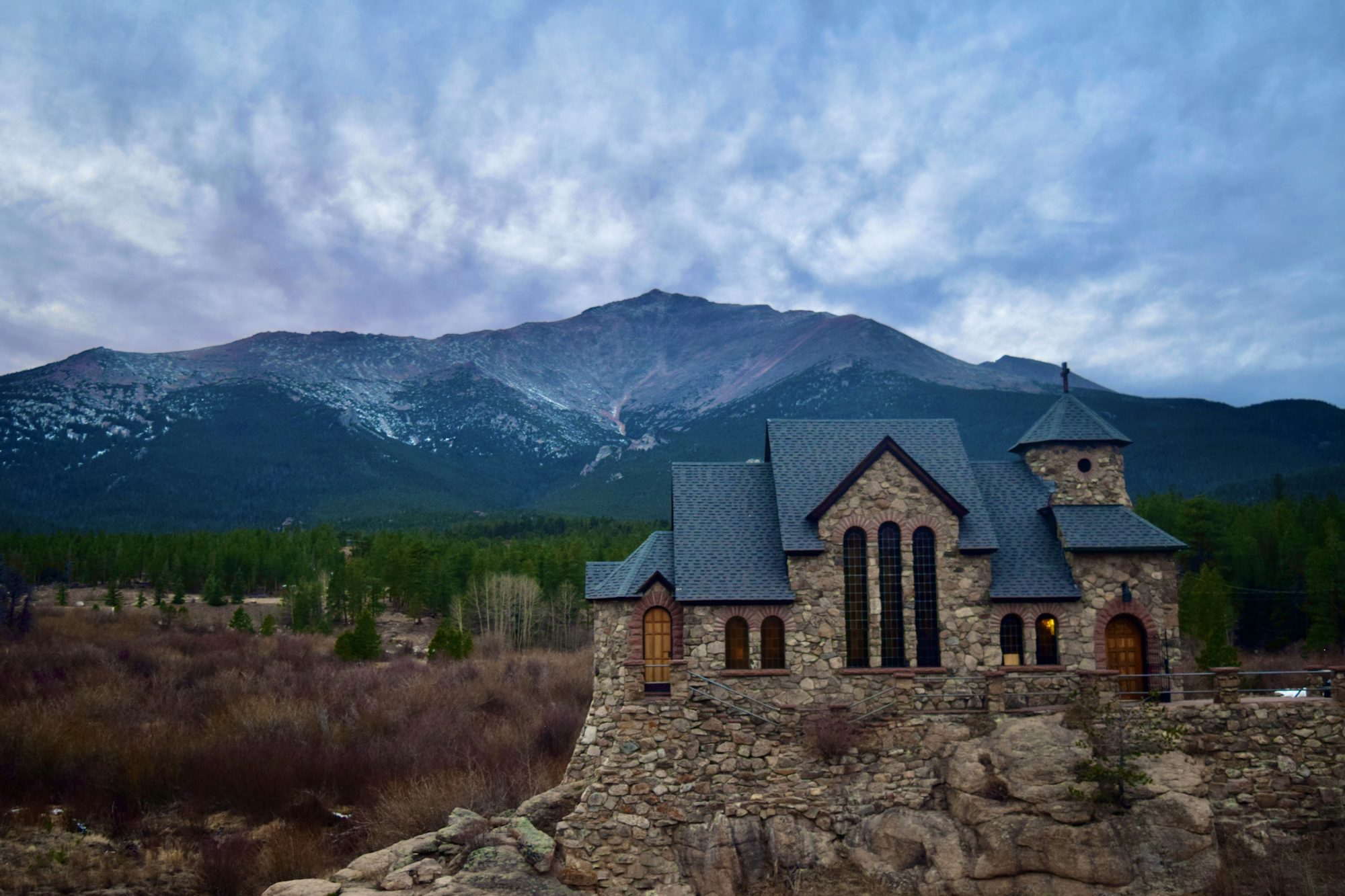Historically, weddings were steeped in religious and cultural rituals that varied widely across regions. In many cultures, marriage was less about romance and more about alliances between families, often arranged to enhance social status or economic stability. For instance, in traditional Indian weddings, elaborate ceremonies last several days, incorporating rituals that symbolize the union of two families. The significance of family in these ceremonies remains paramount, as does the vibrant display of cultural heritage through music, dance, and attire.
As societies progressed, the notion of love as a central theme in marriages began to take precedence. This shift marked the emergence of more personal wedding ceremonies, where couples began to express their individuality and preferences. In Western cultures, the classic white wedding became popularized in the 19th century, influenced by Queen Victoria's choice to wear a white gown for her marriage to Prince Albert. This trend not only symbolized purity but also signified a new era in which the bride’s choice of attire became an important aspect of the wedding.
Today, modern couples often draw inspiration from a blend of cultural traditions, personal preferences, and current trends. The rise of multicultural weddings exemplifies this beautifully. Many couples now incorporate elements from both of their backgrounds, creating a unique ceremony that honors their heritage. For example, a couple might blend a traditional Jewish ceremony with Hindu customs, showcasing their diverse backgrounds and celebrating the richness of their cultures.
Another significant evolution in wedding traditions is the shift towards personalization. Modern couples are increasingly looking for ways to make their ceremonies distinct, moving away from cookie-cutter weddings. This trend has given rise to themed weddings, where couples can choose a specific motif or style that reflects their personalities. Whether it’s a rustic barn wedding, a vintage-inspired ceremony, or a glamorous black-tie affair, the possibilities are endless. Couples often incorporate personalized decorations, unique venues, and tailored vows that resonate with their love story.
The role of technology in modern weddings cannot be overlooked. With the advent of social media, couples are more connected than ever, and this influence has extended to wedding planning. Couples now share their wedding journeys online, showcasing their ideas and inspirations through platforms like Instagram and Pinterest. This not only allows couples to gather ideas but also helps them curate a wedding that reflects their style and values. Furthermore, many couples are opting for live streaming their ceremonies, allowing friends and family who may be far away to participate in real-time, enhancing inclusivity.
Sustainability is another trend shaping contemporary wedding traditions. As awareness of environmental issues increases, couples are seeking ways to have eco-friendly weddings. This includes choosing sustainable venues, utilizing biodegradable materials, and opting for local vendors. For instance, instead of traditional floral arrangements, couples may choose potted plants that can be taken home after the event. This trend not only reduces waste but also reflects a commitment to responsible celebration, making the wedding meaningful on multiple levels.
Food and drink also play a vital role in modern weddings, with couples becoming more adventurous in their catering choices. While traditional sit-down dinners remain popular, many couples are opting for food stations, gourmet food trucks, or interactive dining experiences that encourage guest interaction. This shift allows couples to showcase their culinary preferences and create a relaxed, enjoyable atmosphere for their guests. Signature cocktails, themed desserts, and unique culinary experiences are becoming staples in contemporary wedding receptions.
As weddings continue to evolve, the concept of intimacy is gaining prominence. Many couples are choosing to celebrate with smaller, more intimate gatherings rather than large-scale events. This shift towards micro weddings allows for deeper connections among guests and creates a more personal atmosphere. Couples can invest more time and resources into the details of their ceremony, resulting in a celebration that feels more authentic and memorable.
While the evolution of wedding traditions brings about exciting changes, some timeless elements remain significant. The exchange of vows, the first dance, and the cutting of the cake are cherished moments that transcend time and culture. These rituals symbolize love and commitment, reminding couples of the promises made to one another on their special day. No matter how the ceremony evolves, these moments continue to hold immense emotional weight and serve as a foundation for the couple's journey ahead.
In conclusion, the evolution of wedding traditions reflects broader societal changes and the diverse influences of modern couples. From multicultural ceremonies to personalized celebrations and sustainable practices, today’s weddings are a beautiful blend of tradition and innovation. As couples navigate the planning process, they have the opportunity to honor their heritage while crafting a unique experience that resonates with their love story. Ultimately, weddings remain a celebration of love, showcasing the joy and commitment that unite couples as they embark on their new life together.
